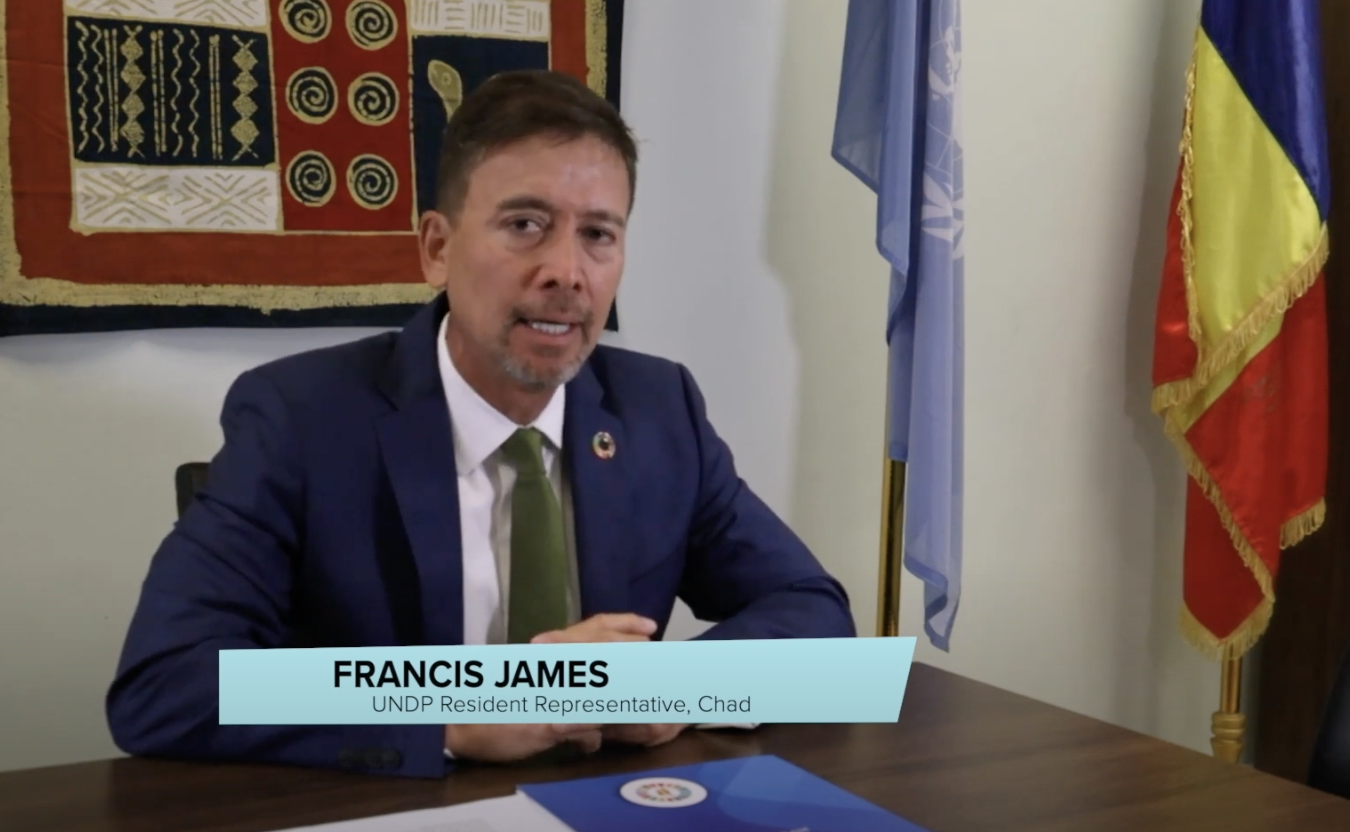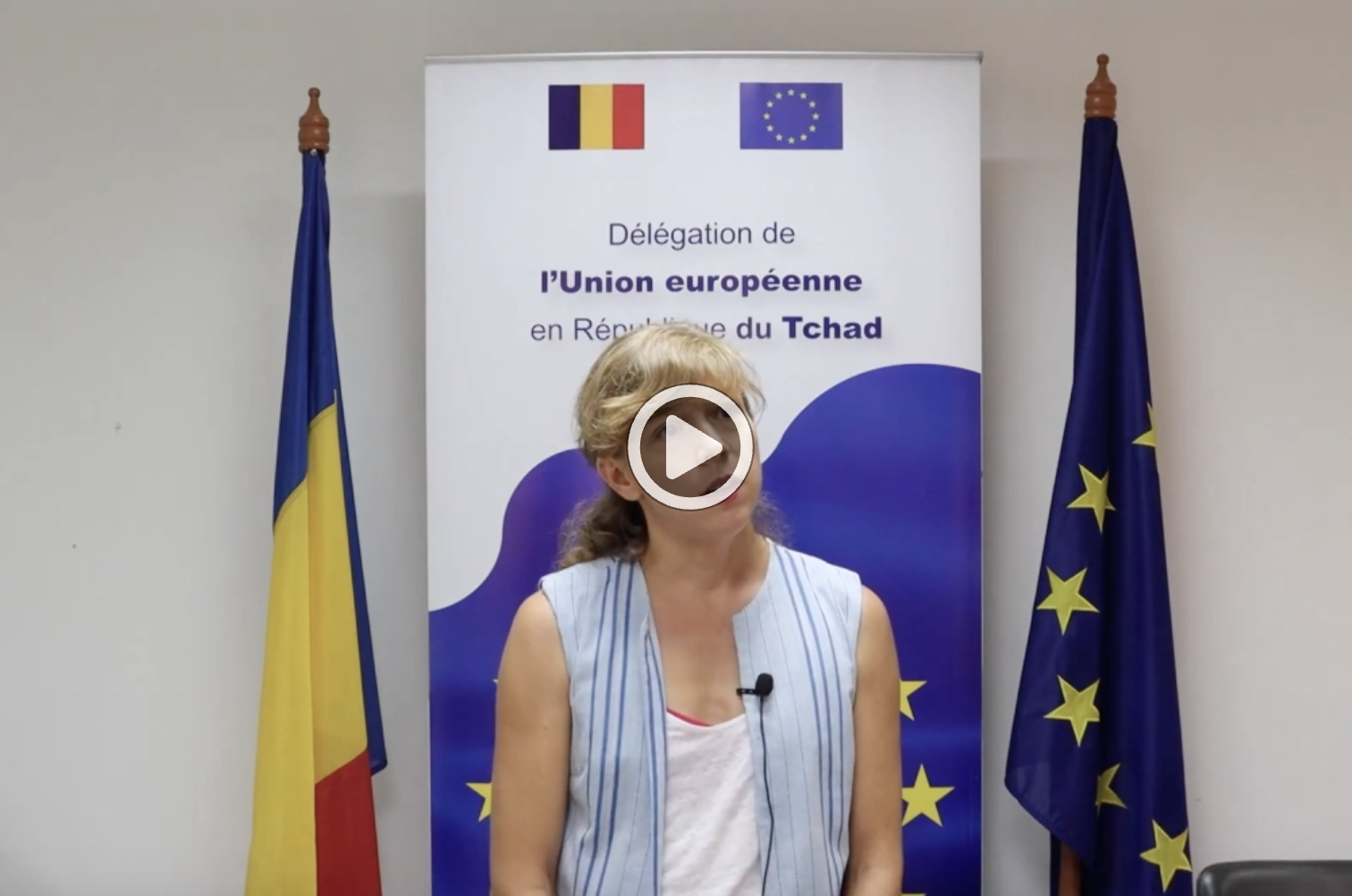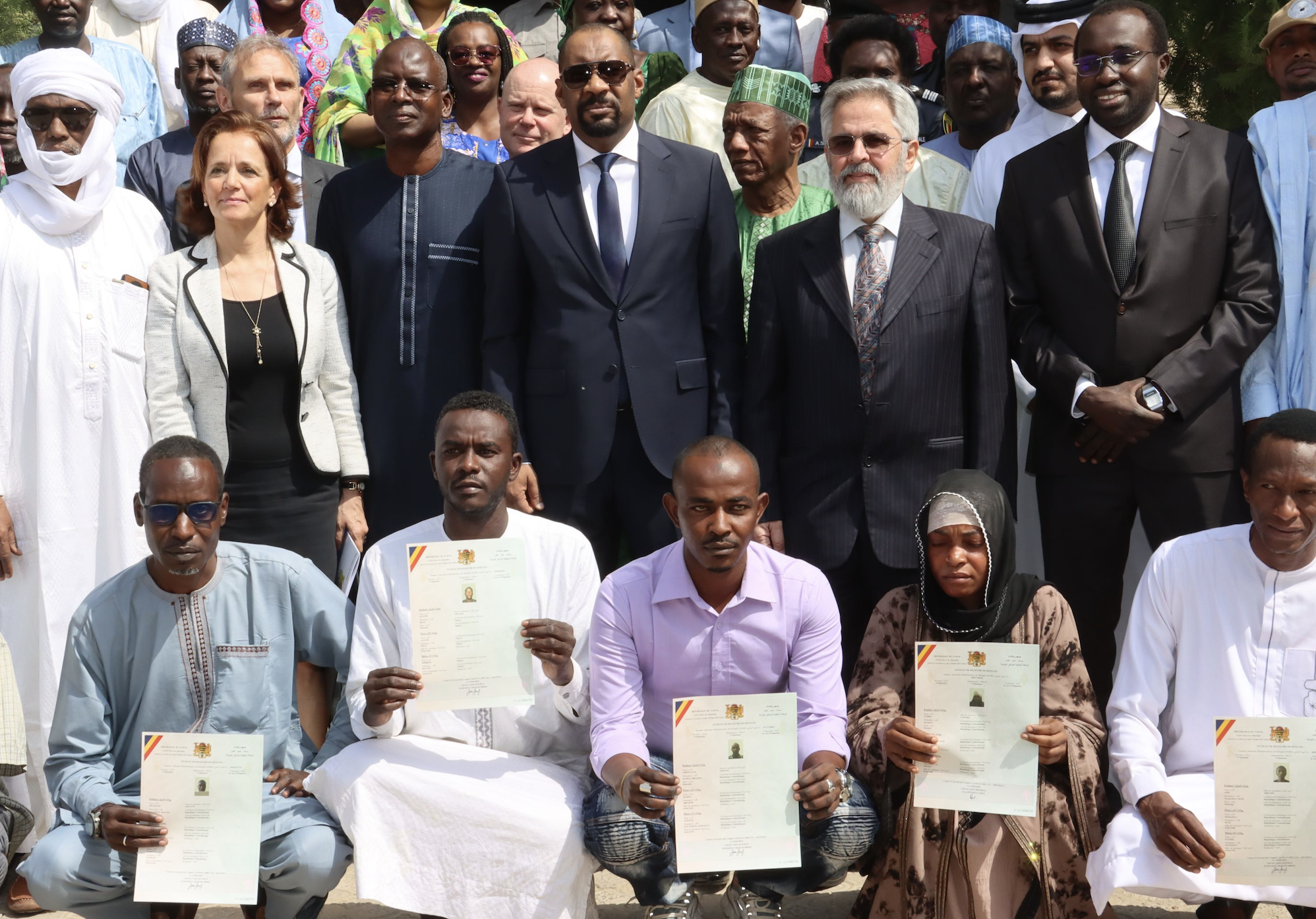Chad
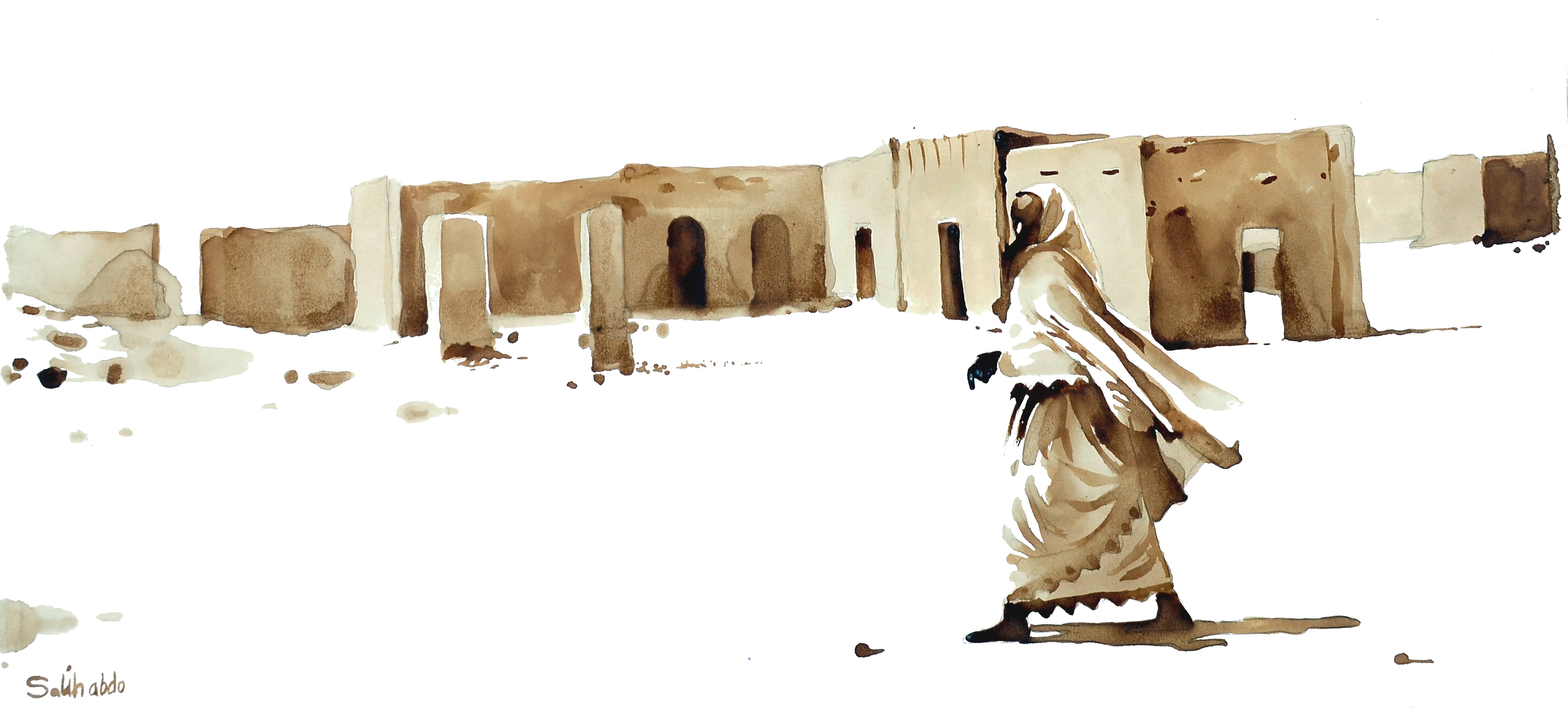
Chad
On this page
Chad's Response to the Sudan Crisis
Chad is the largest host country for refugees per capita in Africa, with over 1.4 million refugees as of June 2025, the majority of whom came from Sudan. Since the outbreak of conflict in Sudan in April 2023, over 863,501 new refugees – primarily from the Darfur region – have been recorded as of 22 June 2025, along with 368,421 Chadian returnees as of May 2025, adding to the approximately 400,000 Sudanese refugees already present in the country. Chad has welcomed more refugees in the past year than it did over the previous two decades, and ranks as the fifth largest refugee-hosting country per capita in the world.
Chad faces significant economic and social challenges. Poverty remains widespread and particularly affects rural areas, with over 42% of the population living below the poverty line as of 2019 according to the World Bank. Moreover, the Human Development Index ranked Chad 189th out of 193 countries in 2024, underscoring low levels of human development.
The Government of Chad has maintained an open-door policy for hosting and protecting people fleeing violence and persecution. Chad has made significant progress in strengthening its legal framework for the protection of forcibly displaced persons, implementing a remarkably progressive approach. Key texts include: the Asylum Law (Dec. 2020) and its implementing decree (Apr. 2023), Decree on legal assistance (2019), Decree on biometric identity cards (2019), Ordinance on civil status registration (2020), and the law on the protection of internally displaced persons (2023). These legal instruments, reinforced by the Country’s commitments made at the Global Refugee Forums (2019 and 2023), in particular the integration of refugees into national systems, serve as a foundation for strengthening legal protection and improving the socio-economic inclusion of forcibly displaced populations in Chad.
In response to the Sudanese crisis, the Government acted swiftly—just ten days after the conflict began, the transitional President signed a decree implementing the December 2020 Asylum Law to address the sudden influx of refugees. This decree offers opportunities to sustainably improve refugees' living conditions by:
- Granting access to land and securing land tenure through the establishment of integrated development sites as an alternative to refugee camps;
- Promoting self-reliance and local integration by allowing freedom of movement and the right to settle in locations conducive to refugee empowerment; and
- Providing refugees with biometric identity cards, which serve as residence permits enabling access to essential services.
Sudanese fleeing the conflict since April 2023 crossing the border into Chad are hosted mainly in the provinces of Ouaddai, Sila, Wadi-Fira and Ennedi Est in Eastern Chad. In line with its policy of village-based settlement and integration, the Chadian government, through the Ministry of Land Management, Housing, and Urban Development (MATHU) and the Ministry of Planning, seeks to implement an integrated approach to integrate existing refugee settlements into urban and rural municipalities, villages as well as economic development hubs. Priority is given to investments in infrastructure, basic services, sustainable housing, and the inclusion of refugee areas in urban and local development plans. Particular attention is paid to ensuring the long-term sustainability of investments in essential infrastructure.
Policy & Legal
Policy & Legal
Chad's 2020 Asylum Law clarifies the principles applicable to refugees and asylum-seekers to ensure their protection and provides a legal basis for their civil and socio-economic rights, including freedom of movement, access to justice, the right to work, healthcare, education, social protection, and land.
Chad Settlement Locations
The boundaries and names shown and the designations used on this map do not imply official endorsement or acceptance by the United Nations.
Data Source: UNHCR Chad
Farchana Settlement
ZOOM IN: The National Response Plan for the Crisis in Eastern Chad
The Government released the National Response Plan for the Crisis in Eastern Chad 2025-2027 on February 16, 2025, to address the ongoing humanitarian and development challenges in the four provinces receiving people fleeing Sudan. The Plan focuses on providing immediate, life-saving assistance and supporting long-term recovery and resilience.
Chad's policy of villagization and settlements integration aims to transform refugee settlements into economic development hubs. This integrated approach is designed to provide both refugees and host communities with economic opportunities and access to essential services, while strengthening social cohesion and promoting sustainable development. The five key pillars of the Plan are:
- Pillar 1: Humanitarian response;
- Pillar 2: Building and strengthening resilience;
- Pillar 3: Community engagement, accountability and social cohesion;
- Pillar 4: Securing borders and affected provinces; and
Pillar 5: Coordination, monitoring and evaluation
ZOOM IN: The Haguina Approach
In support of the Chadian Government, UN agencies and partners are joining forces to empower refugees and host communities to become self-reliant. The initiative provides a framework to consolidate the activities carried out by UN actors and partners, and to improve coordination to advance the Humanitarian-Development-Peace (HDP) Nexus objectives, in line with those of the Chadian Government. This vision supports key objectives and policies of the Chadian Government in line with national priorities and development objectives.
The Ajala Platform
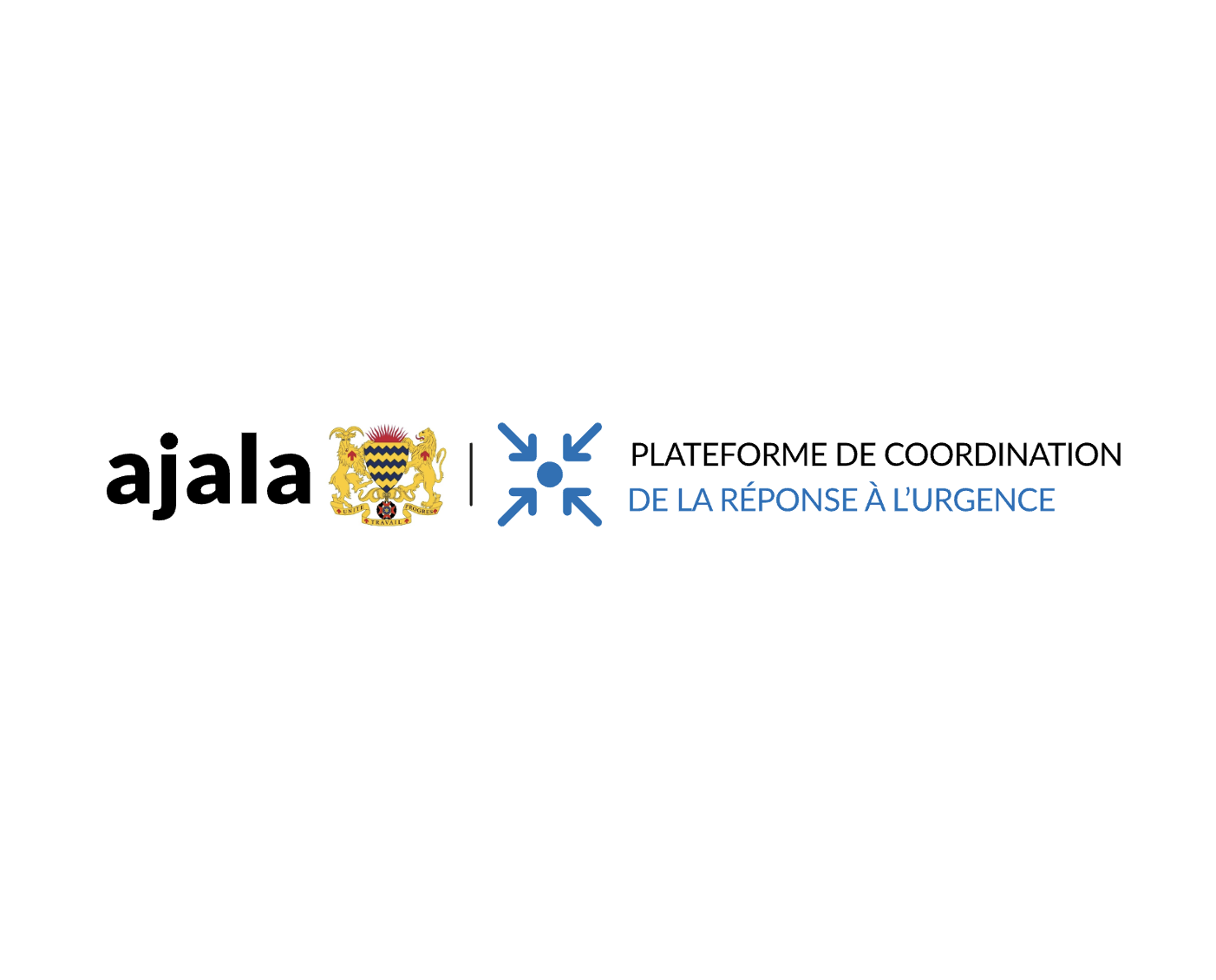
The Ajala Platform
The Ajala Platform is a humanitarian coordination platform that collects comprehensive data for the response in Eastern Chad. It provides data at local and sectoral level across host villages, refugee and returnee sites, as well as a library for key documents within the humanitarian response.
Integrated Settlements
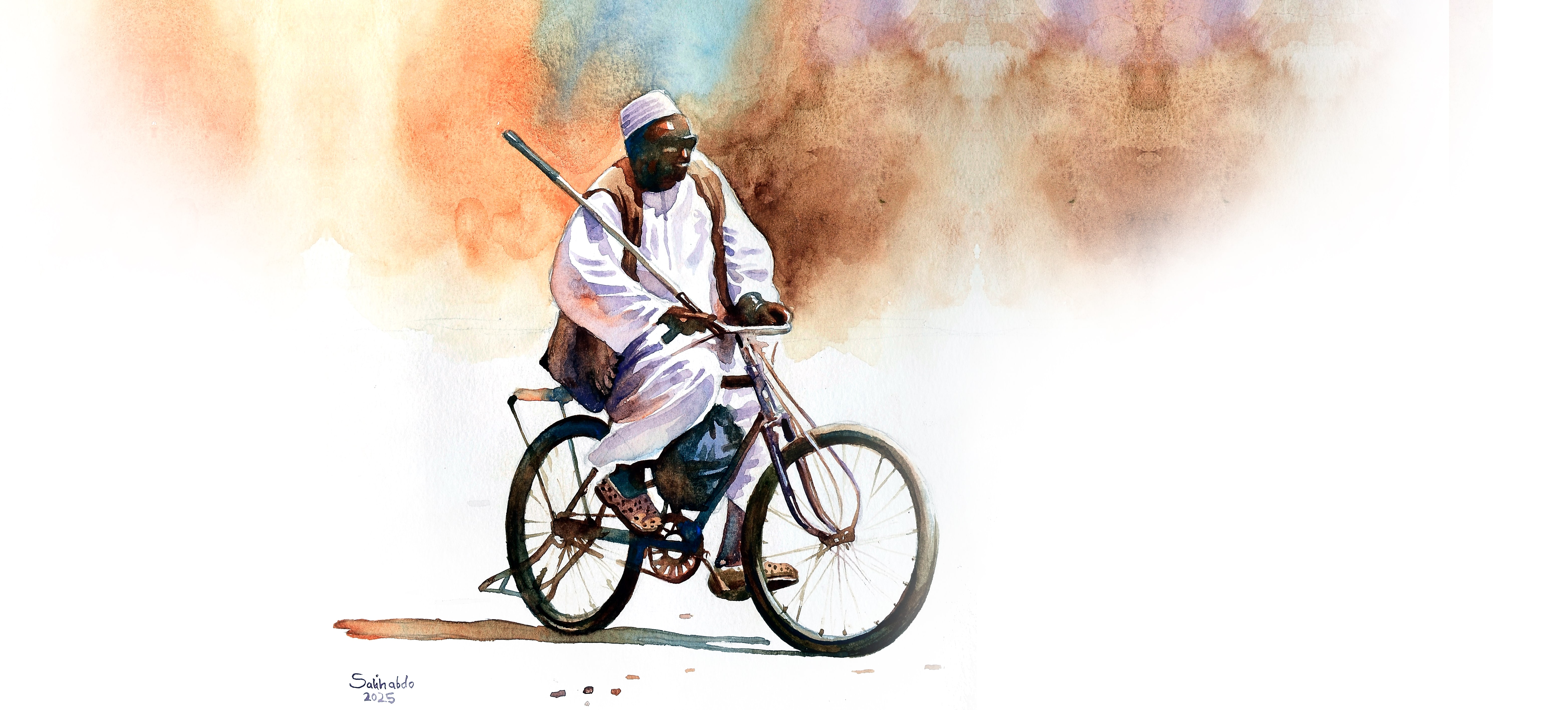
Integrated Settlements
UN-Habitat and UNHCR are collaborating with the Government of Chad to support the transition of refugee settlements into economic development hubs. This collaboration has materialized through the development of integrated urban projects, including the production of territorial planning documents aligned with existing regulatory and strategic frameworks, supported by an implementation and resource mobilization plan.
World Bank | Chad - Refugees and Host Communities Support Project (PARCA)
Partner: World Bank | Budget: USD 135 M
Sectors: Social Protecton & Jobs
Location: East, South, West | Duration: 2019-2025
Implementing entities: Cellule de Filets Sociaux (CFS)
World Bank | Territorial Development and Resilience Project for Chad (ResiTchad)
Partner: World Bank | Budget: USD 295 M of which WHR USD 60 M
Sectors: Energy & Extractives
Location: N'Djamena, East | Duration: 2022-2027
Implementing entities: The Ministry of Economy, Planning, Development and International Cooperation, Societe Nationale de l'Electricite (SNE)
World Bank - IFC Collaboration | Chad Agribusiness and Rural Transformation Project (AGRIBUSINESS)
Partner: World Bank - IFC Collaboration | Budget: USD 150 M of which WHR USD 40 M
Sectors: Agriculture & Food
Location: Center-West, South, East, North | Duration: 2024-2029
Implementing entities: WFP and UNHCR for the WHR and the Ministry for Agricultural Production and Transformation for the overall project
World Bank | New Operation Chad Adaptive and Productive Safety Nets Project
Partner: World Bank | Budget: USD 120 M of which WHR USD 50 M
Sectors: Adaptive Social Protection and Jobs
World Bank - IFC collaboration | Chad Energy Access Scale Up Project (PAAET)
Partner: World Bank - IFC collaboration | Budget: USD 295 M of which WHR USD 60 M
Sectors: Energy & Extractives
Location: Ouaddai, Wadi Fira and Sila | Duration: 2022- 2027
Implementing entities: The Ministry of Economy, Planning, Development and International Cooperation, Societe Nationale de l'Electricite (SNE)
EU - AFD | Economic and Social Resilience Program for Populations in the East in the Face of Conflicts and Climate Change in Chad (RESPECCT)
Partner: EU - AFD | Budget: EUR 26 M
Sectors: Social Protection, Resilience & Jobs
Location: East, South, West | Duration: 2023-2026
Implementing entities: Concern Worldwide (CW) (lead), International Rescue Committee (IRC)
INTPA-EU | Regional program supporting Chad, Ethiopia, South Sudan to respond to the Sudan - Chad, Ethiopia, South Sudan crisis
Partner: INTPA-EU (Flexible Mechanism) | Budget: EUR 3 M
Sectors: Resilience & Livelihoods
Location: Ouaddai Province (East) | Duration: Dec 2023 - July 2025
Implementing entities: UNHCR and WFP
AfDB - UNDP | Emergency and Support Project for the Stabilisation and Recovery of Refugees and Host Communities in the Lake Chad Basin (PASRRC)
Partner: AfDB and UNDP | Budget: USD 19.8 M
Sectors: Social, Human capital development, Fragility and Resilience
Location: East | Duration: 2024-2027
Implementing entities: UNDP
AfDB | Semi-Urban and Rural Drinking Water Supply and Sanitation Programme in Eleven Regions (PEAPA-SUMR– Phase 2)
Partner: AFDB | Budget: USD 31.2 M
Sectors: Water & Sanitation
Location: Ennedi East (town of Amdjarass and surrounding area), Mandoul, Moyen Chari, Mayo Kebbi East, Mayo Kebbi West, Salamat and Sila.
Duration: 2019-2025
Implementing entities: Ministry of Water and Sanitation (MEA) – General Secretariat (GS)
INTPA-EU | Strengthening community resilience through improved livelihoods and access to basic services for vulnerable and displaced communities affected by conflict and climate-change
Partner: INTPA-EU | Budget: EUR 11 M
Sectors: Resilience, Livelihood, social cohesion and Protection
Location: Eastern/central Africa: Chad, South Sudan, Central African Republic (CAR) | Duration: 2025-2026
Implementing entities: UNHCR
BMZ - EU | Project to strengthen social cohesion between host, refugee and returned communities in eastern Chad (COSOCET)
Partner: BMZ - EU | Budget: EUR 4.5 M
Sectors: Social cohesion, Resilience, Energy
Location: Ouaddai, Wadi Fira and Sila
Implementing entities: GIZ
BMZ | Stabilisation & Resilience Strengthening in Eastern Chad
Partner: BMZ | Budget: EUR 10 M
Sectors: Restoration / sustainable management of natural resources, Provision of basic social & economic infrastructure; Creation of income & employment opportunities; Promotion of social cohesion / peaceful coexistence
Location: 30 communities in Assoungha Department of Ouaddaï Province | Duration: 4 years (01/25-12/28)
Implementing entities: KfW through Catholic Relief Services (CRS) together with 2 Chadian NGOs
UNPBF | Strengthening social cohesion between host communities, returnees and refugees in the provinces of Ouaddaï, Sila and Wadi-Fira
Partner: UNPBF | Budget: USD 3 M
Sectors: Conflict prevention, social cohesion / peaceful coexistence between host communities, returnees and refugees
Location: Ouaddai, Wadi Fira and Sila | Duration: 24 month (2024-2026)
Implementing entities: UNDP and UNFPA
Additional development investments are essential given the scale of the forced displacement challenge. These investments should focus on Chad's eastern provinces of Ouaddai, Sila, and Wadi Fira and Ennedi Est which are hosting both new arrivals from Sudan and protracted refugee populations.
Integrated Settlement Planning
The Government has expressed the need for technical support to ensure the planning and viability of the new settlements built in eastern Chad, as well as the extension/rehabilitation of existing refugee settlements to accommodate for the new arrivals. A technical mission of UN-HABITAT under the leadership of the Government has taken place and the urban planning Action Plan is under discussions, as a result of the mission.
Documentation
Strengthening the refugee registration processes and issuance of ID cards will facilitate access to public services. The Government has started enrolling refugees in the National Biometric Population Register and providing them with a biometric identity card alongside a unique identifier number to refugees aged sixteen and above. Investing in documentation should be done for the new refugee arrivals as well as the protracted caseload. Enrollment started in N’Djamena and Abeche in February 2025 to reach 75,000 people.
Resilience and Livelihoods
Agriculture and small business are the most promising pathways for resilience and self-reliance for refugees and their hosts. The socio-economic profile of newly arrived Sudanese refugees reveals a diverse range of potential and skills, with a significant number of professionals, skilled, and semi-skilled individuals. Although 85% have backgrounds in agricultural activities, there is a growing presence of tertiary sector professionals. These profiles could be an asset to diversify the region's economy and support the functioning of basic social services. Investments are needed to (1) support climate-resilient agricultural practices, and (2) expand economic opportunities for 15% of refugees with a non-agricultural professional profile, particularly for youth and women, to foster social cohesion and self-reliance.
On employment, within the application of the Asylum Law and its implementing Decree, the Government has expressed its will and taken concrete steps to facilitate the professional integration of refugee lawyers and medical practitioners, as well as other professions.
Health
Expand and improve health services for refugees and host communities by constructing and rehabilitating health centres, providing medical supplies, and recruiting health workers. There is an urgent need to extend the national health system to areas hosting the new arrivals, with a priority of constructing and equipping additional new health facilities and rehabilitating existing health ones.
Education
Build classrooms, train teachers, and provide school supplies to accommodate refugee and local children in line with the National Refugee Education Strategy 2030, which aims to ensure that all newly arrived refugees have access to the Chadian education system on par with nationals. In the East, there is an urgent need for additional classrooms to respond to the massive education crisis in the country. Over 250,000 new refugee children are school age, but they are out of school. With limited school capacity in Chad, there is a dire need to construct schools for the (re)enrolment of refugees and Chadians towards integration in the camp vicinities.
Access to Justice
The growing number of protection issues in refugee settlements and in host communities requires enhanced access to justice, governance and administration, to enable citizen rights and duties, as well as to guarantee refugee standards.
Water and Sanitation
Establish sustainable water supply systems and improve sanitation in refugee settlements and host communities. Priority should be given to ensure a sustainable water supply in the new settlements established in 2024 and 2025.
Energy
Deployment of improved clean cooking solutions for refugees and host communities. Limited or no access to cooking fuel and technology/solutions has had a significant impact on the environment, but also a dramatic impact on refugee protection, putting them at risk of GBV, tensions with host communities, and increased child protection issues, amongst others. There is a need for solarization of public infrastructures and provide alternative cooking systems (e.g. solar cooking, bio-gas cooking etc.) to prevent devastating deforestation. As for alternative cooking systems, the Government is providing ecological charcoal and gas to refugees in Wafi Fira province through the project Albia funded by the World Bank.
Environment
Implement reforestation and environmental protection measures to mitigate the impacts of deforestation and climate change. Trees need to be planted in and around the settlements, and the sites will be classified as protected natural areas. The aim is to minimize the environmental impact of deforestation and the effects of climate change, while creating better conditions for cohabitation of refugees and host communities.
Documents Library - Chad
- UN Refugee Agency (UNHCR)
- UN Refugee Agency (UNHCR)
- United Nations Office of the Special Coordinator for Development in the Sahel (OSCDS), UN Refugee Agency (UNHCR)
- World Bank, World Bank - UNHCR Joint Data Center on Forced Displacement (JDC)
- United Nations Educational, Scientific and Cultural Organization (UNESCO), UN Refugee Agency (UNHCR)
- Stockholm International Peace Research Institute (SIPRI)
- UN Refugee Agency (UNHCR)
- Government, Chad
- Government, Chad
- UN Refugee Agency (UNHCR), Mixed Migration Centre (MMC)
- Government, Chad
- UN Refugee Agency (UNHCR)
- Forum des ONG en Afrique de l'Ouest et Centrale (FONGA)
- Government, Chad
- UN Refugee Agency (UNHCR)
- Government, Chad
- UN Refugee Agency (UNHCR)
- World Bank
Contacts
UNHCR: Yves Amoussougbo, Senior Development Officer ([email protected])
UN-Habitat: Camille Imbert, Territorial Planning, Aid & Development Specialist ([email protected])


